January 31, 2018
ArtCenter College of Design Launches Game Design Track
New curriculum meets gaming industry demand for inventive storytellers
Beginning this fall, students at ArtCenter College of Design will be able to declare a game design specialization to learn vital skills in demand by the rapidly growing video game industry. The aim of the Game Design track within the Entertainment Design bachelor of science program, is to produce game designers who will lead in a multidisciplinary setting and bring inventive experiences to life through storytelling, prototyping and problem solving.
No longer simply confined to PCs and home consoles, the video game industry in 2016 generated revenue surpassing $30 billion in the United States alone according to the Entertainment Software Association’s 2017 Sales, Demographic and Usage Data. And the ubiquitous nature of smartphones and the meteoric rise of eSports—not to mention the burgeoning fields of augmented, mixed and virtual reality—means the industry will keep growing.
The competition for consumers’ attention in today’s gaming industry is fierce. Whether a game is developed inside a global corporation or by a rag-tag indie outfit, the need for well-rounded game designers is greater than ever.
“Today’s game designers have the unprecedented opportunity to create and deliver unique interactive experiences to a wide audience, from hardcore gamers to very casual players,” said Guillaume Aretos, an award-winning feature film animation production designer and chair of ArtCenter’s Entertainment Design department.
Aretos came to the United States from France to join DreamWorks in 1996 as a visual development artist on the animated hit Antz (1998). He then took on art direction of Shrek (2001), and was the production designer for Shrek 2 (2004), Shrek the Third (2007) and Puss in Boots (2011). He was recruited to lead ArtCenter’s Entertainment Design department in 2016.
A multitalented producer, Christophe Gomez is the director of the Entertainment Design program’s new Game Design track. In a career that spans more than three decades, Gomez has created games for platforms ranging from the Atari ST and Commodore Amiga (Operation Wolf, Dragon Ninja) to iOS and Android entries of many of Electronic Art’s most popular franchises, including Tetris, Need for Speed and The Sims.
Students in the new Game Design track will study the technical skills needed to create a game; gain fluency in the phases of the production process; learn how to navigate between artistic expression, programming and design languages; and learn how to apply their creativity to a game design.
ArtCenter faculty will introduce various business models such as premium, free-to-play and season passes while examining how monetization decisions affect a game’s design.
Through courses ranging from The History of Gaming to Player Experience and Usability Testing, students will have the opportunity to take a deep dive into the discipline as well as receive a well-rounded liberal arts education through the College’s Humanities and Sciences and Integraged Studies departments.
An impressive roster of ArtCenter alumni and industry professionals—from Disney, DreamWorks, Pixar and Blur, to name just a few—bring their expertise into the Entertainment Design classrooms as faculty and visiting lecturers. They also serve as advocates of the College and help forge relationships between ArtCenter and industry partners including companies such as Microsoft, Intel, Samsung and HTC who hire our graduates, sponsor projects and provide scholarship support.
Each spring, representatives from top companies attend the College’s Entertainment Design Intern Show to meet students and review their work. These professionals are eager to select students to join their team as interns. It’s a win-win for all involved—companies gain the fresh ideas and insights of students and students gain invaluable hands-on experience.
Game Design is the third curricular track in the department that also offers tracks in Concept Design and Character Animation. ArtCenter’s Entertainment Design program is unique in that it culminates in a bachelor of science degree, not a bachelor of arts. This underscores a focus on the technical and industrial design aspects of the field alongside traditional storytelling and visual development. The primary goal of Entertainment Design is to provide students with a first-rate education, valuable skills and an extraordinary portfolio preparing them to become future entertainment industry leaders and top creative talent in gaming, feature films, animated films and related fields such as theme park design and visual effects design.
For more information about Admissions requirements related to the Game Design track, visit artcenter.edu/admissions or call 626 396-2373.
Social Media:
@artcenteredu
#gamedesign
About ArtCenter: Founded in 1930 and located in Pasadena, California, ArtCenter College of Design is a global leader in art and design education. ArtCenter offers 11 undergraduate and seven graduate degrees in a wide variety of industrial design disciplines as well as visual and applied arts. In addition to its top-ranked academic programs, the College also serves members of the Greater Los Angeles region through a highly regarded series of year-round educational programs for all ages and levels of experience. Renowned for both its ties to industry and its social impact initiatives, ArtCenter is the first design school to receive the United Nations’ Non-Governmental Organization (NGO) status in recognition of its commitment to social impact design through Designmatters. Throughout the College’s long and storied history, ArtCenter alumni have had a profound impact on popular culture, the way we live and important issues in our society.
CONTACT:
Teri Bond
Media Relations Director
ArtCenter College of Design
teri.bond@artcenter.edu
626 396.2385 office
310 738.2077 mobile
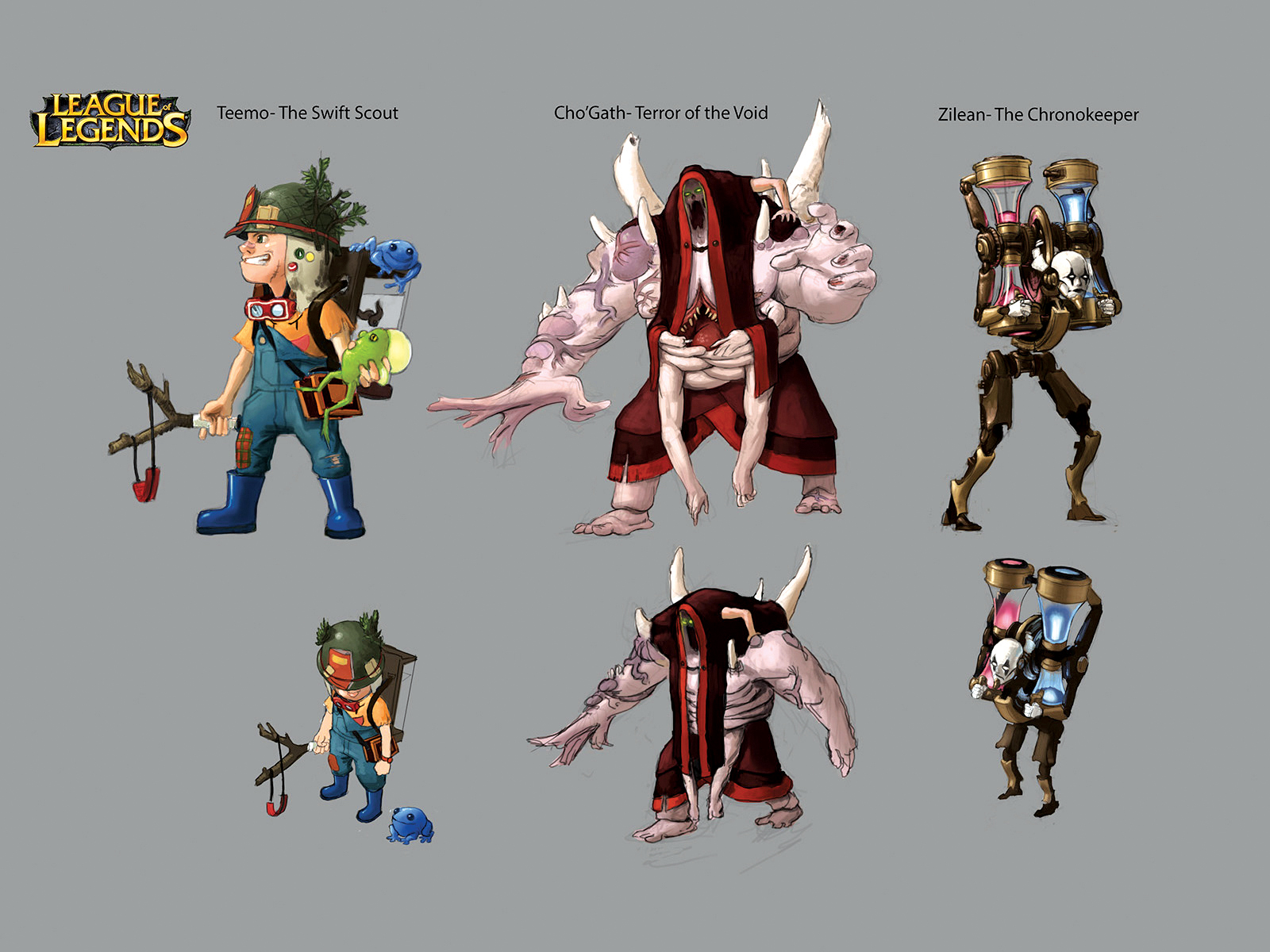
Work by ArtCenter Entertainment Design student Chien Kang Chen created in a Character Design course.
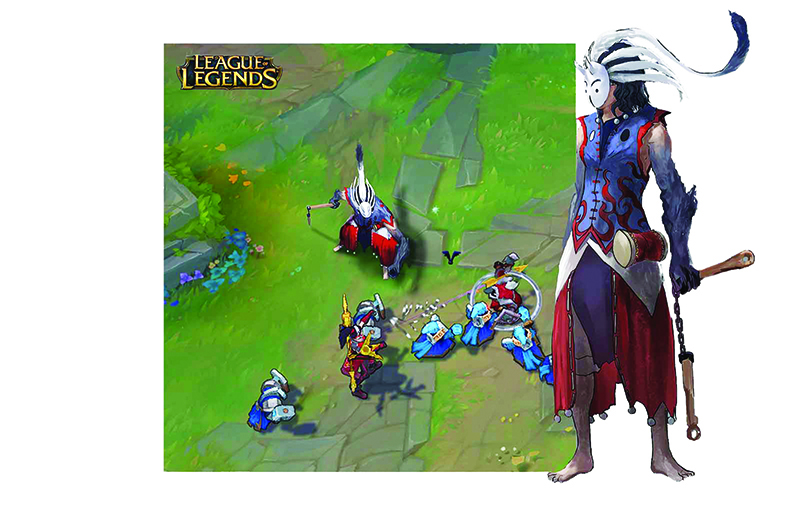
Work created by ArtCenter Entertainment Design student Zhengyi Yu for a Character Design course.
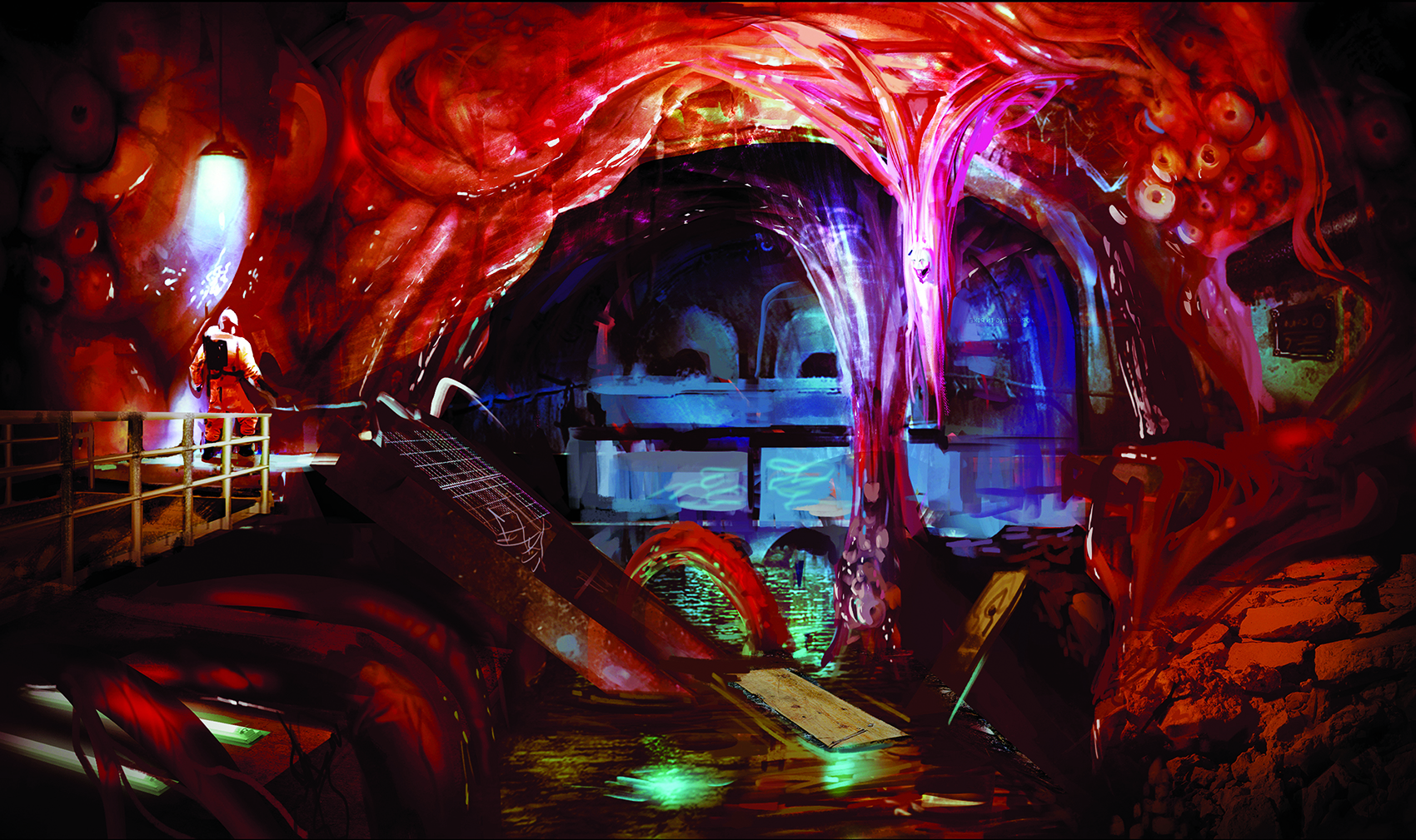
Untitled by ArtCenter Entertainment Design student Oriana Menendez was created in the Originality in Design course.
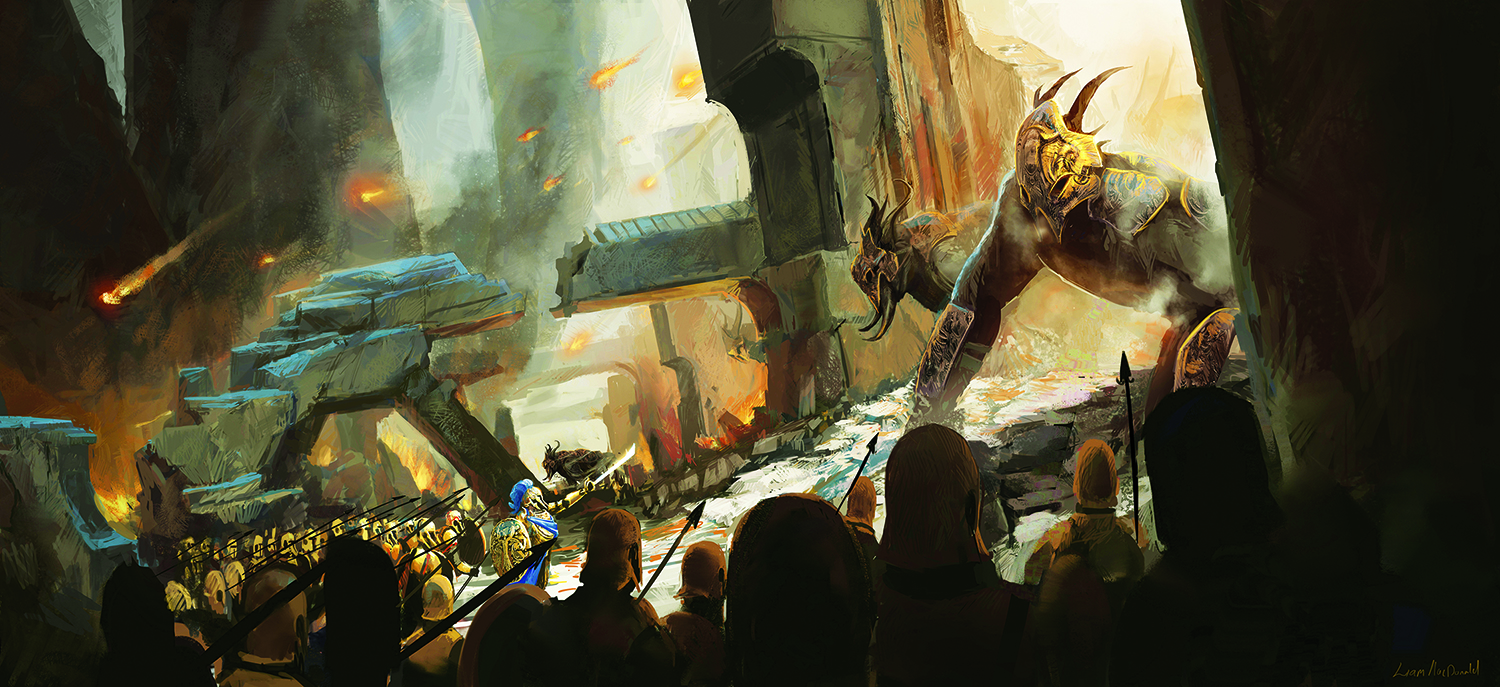
Untitled by ArtCenter Entertainment Design student Liam MacDonald was created in the Visual Communication 4 course.
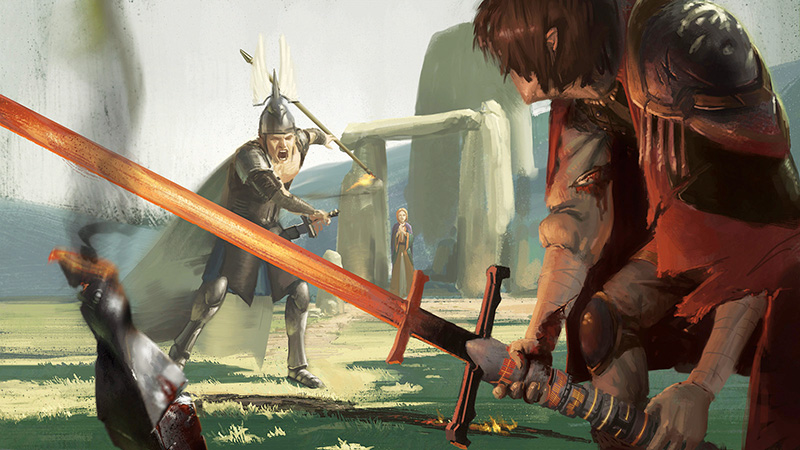
Untitled by ArtCenter Entertainmnet Design student CK Chen was created in Color Theory for Entertainment course.
